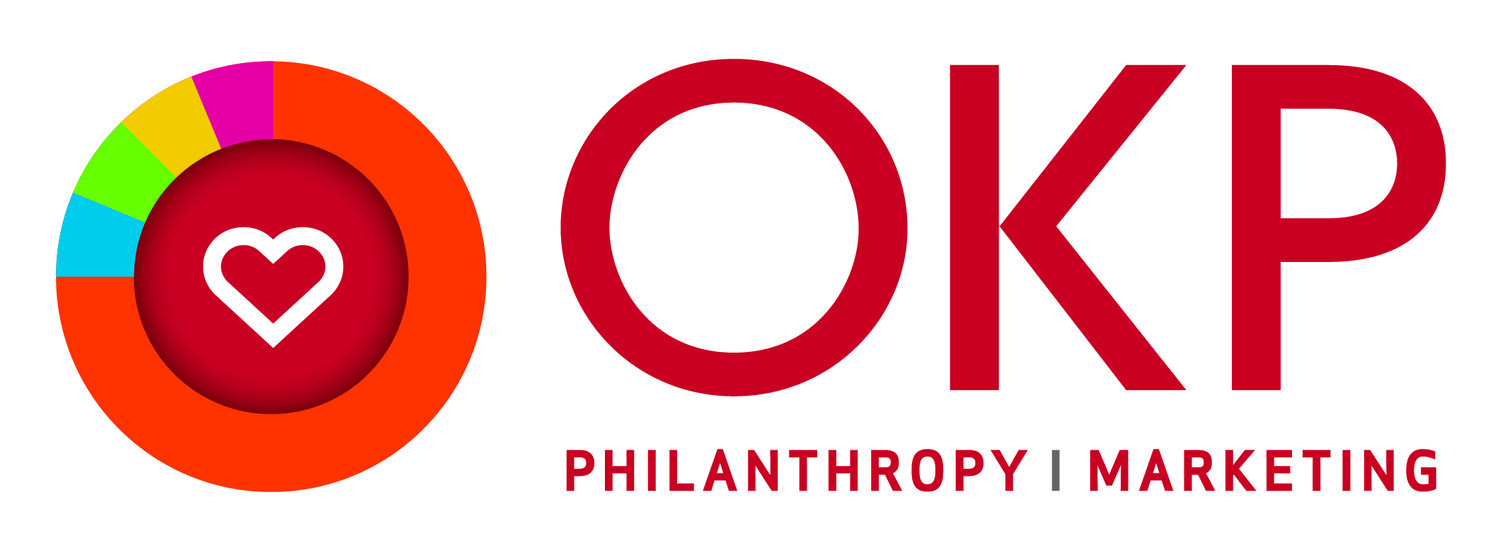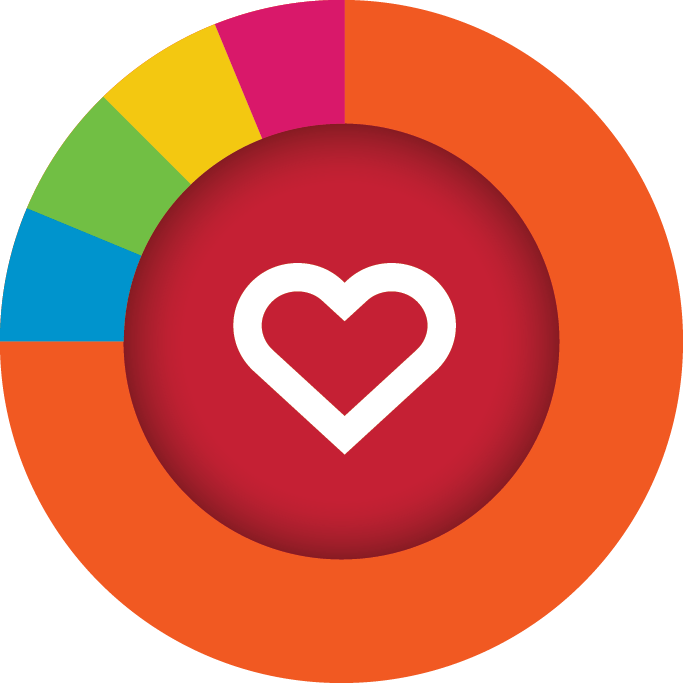Research Before Fundraising Action
Research Before Action (well 8 times out of 10 it should!)
Like many people, I have come to rely on the wealth of information at my fingertips and enjoy the benefits of knowledge and insight. Given increasing levels of research in personal decision-making and the ease with which information can be accessed in this digital age, I find it strange that there are still organisations making major decisions without first arming themselves with knowledge.
81% of retail shoppers conduct online research before buying. The overwhelming majority of retail consumers start their journey with online research (Source: GE Capital Retail Bank)
When a for-purpose organisation is looking to embark on a new project, campaign or initiative, the early stages of planning should always involve a period of intelligence gathering, consultation, risk and opportunity assessment. Adequate research will enable effective and efficient decision-making, minimise risk and genuinely engage known and new stakeholders.
There are several research methods commonly employed by the sector, and they are not all as costly or as time consuming as you may think;
Stakeholder interviews – Speaking directly with your stakeholders, whether they are internal (staff, board, volunteers etc) or external (donors, sponsors, beneficiaries etc) is the most effective way to gain valuable insight into who they are, what they think and how they act. With today’s video calling technology, it is possible to easily and cheaply interview people regardless of their location.
Stakeholder surveys – Similarly there are many cost effective (or even free) programs that allow you to gain information via online surveys. This method allows you to gain a perspective from a large group of people and also look for patterns or trends in their responses.
Desktop research – also known as secondary research, involves the collection of existing research relevant to your organisation and/or project. There are some excellent resources available online, such as the Giving Trends publications, so you may as well benefit from someone else’s time and hard work.
Third Party research – Sometimes the questions you wish to answer are so specific, or your circumstances so unique, that you need a more targeted research approach. Engaging a third party organisation, like OKP Philanthropy & Marketing experienced in finding solutions through research, is more cost effective and objective than designing and implementing your own research program.
Benchmarking - a process of measuring key business, marketing and/or fundraising metrics/practices and comparing them to market competitors with the objective, to understand how and where the organisation needs to change in order to improve performance and gain efficiencies.
So, what do you need to allocate in your budget to get a robust objective research initiative up and running? $10,000 plus. Surprised?
Click here to book a chat - start exploring your options today.


